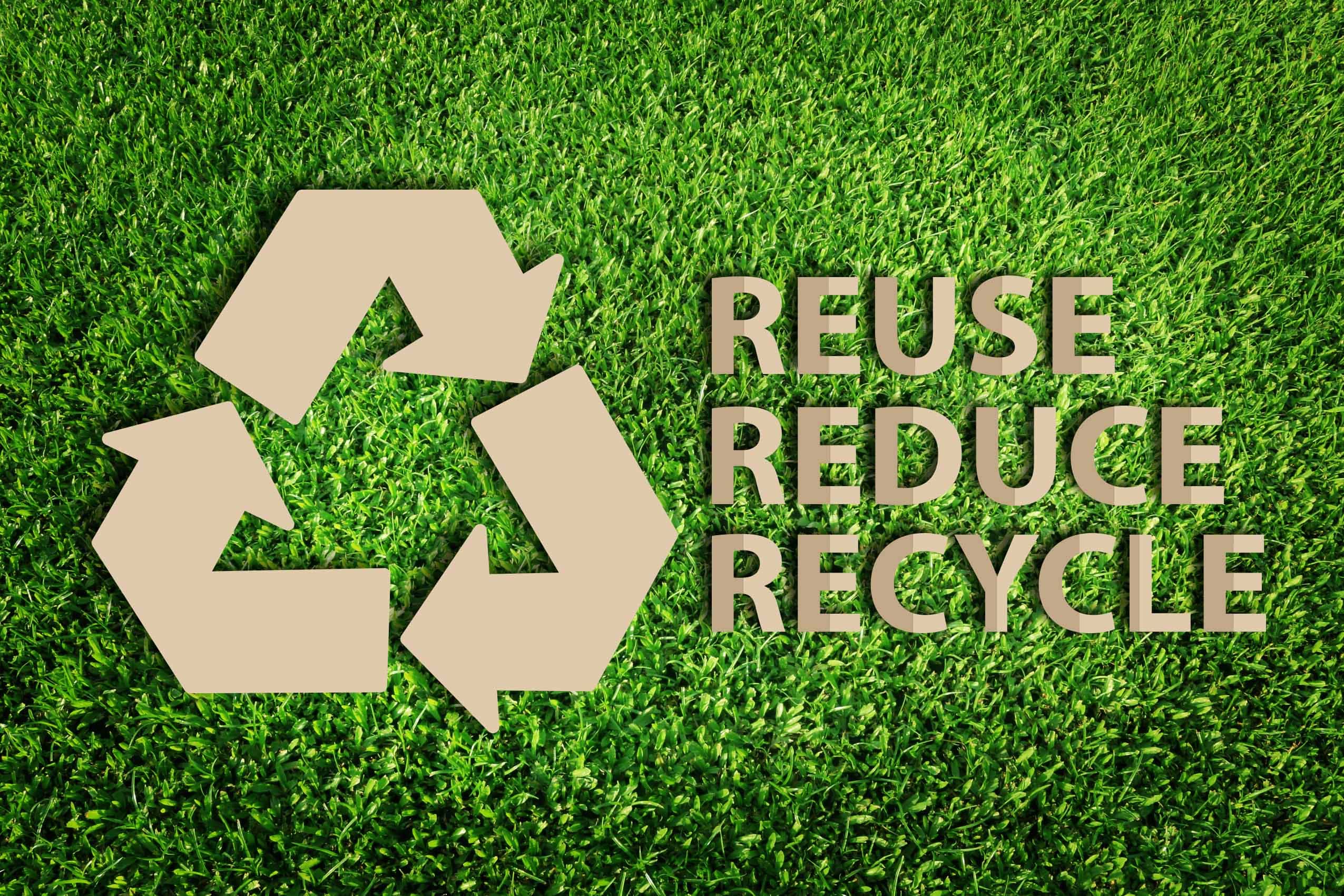30 Second Summary
- Waste is anything that you don’t use and throw away.
- Fruit and vegetable peels, used polybags, plastic containers, batteries and tin cans, and broken glass pieces, etc. are typical examples of waste products or garbage.
- The fate of the waste depends on the type of waste.
- Biodegradable waste is decomposed by bacteria and hence is easy to manage.
- Non-biodegrable waste products, being majorly formed of plastics and metals, cannot be decomposed.
Waste is anything that you don’t use and throw away. Fruit and vegetable peels, used polybags, plastic containers, batteries and tin cans, and broken glass pieces, etc. are all typical examples of waste products or garbage. But throwing these out of your house doesn’t help in getting rid of them. Have you ever imagined what happens to the waste when you throw it away from your house/office?
Well, the fate of the waste depends on the type of waste. Waste can be biodegradable and non-biodegradable. The biodegradable one, consisting of organic matter like fruits and vegetable peels, cow dung, etc. is decomposed by bacteria and hence is easy to manage. The non-biodegradable waste products, being majorly formed of plastics and metals, cannot be decomposed by the bacteria and remains as it is and keeps accumulating on the Earth, becoming a burden to our environment.
One common way of getting rid of the non-biodegradable waste is burning it. But this often leads to release of harmful gases in the air, causing air pollution. Another popular technique is dumping it into the soil, which, predictably, causes land pollution.
With an increase in population, the amount of waste generated every year is also increasing. It is important for everyone to do their part in saving the natural environment. We can follow the Three R’s of waste management, which are Reduce, Reuse and Recycle.
Reduce
The best way to manage waste is to reduce it in the first place. For this, we can reduce the use of certain products, especially the ones that are non-biodegradable like plastic bags and containers, batteries, etc. Excess use of such things generates more waste in the end and hence increases pollution. So, the next time you go for buying grocery, ask the shopkeeper to give you minimum plastic bags. If you see someone wasting plastic bags, alarm them of the consequences. If you cannot ban plastics, you can at least reduce their use. Use of paper should also be reduced. Although paper is biodegradable, its production caused cutting of trees. Hence, children should be encouraged to not waste paper and to make full use of the blank sheets of paper in their copies.
Reuse
Another important way is to reuse the same stuff again and again. This will indirectly have an overall impact on the production of the waste. So, don’t just throw away used plastic bags that are still clean and can be put to use again for some other purposes. Give away the old, used stuff at your place you don’t need to someone who can make some use of it instead of simply dumping it.
Recycle
Many products can be recycled by simple methods. Children in some schools are taught to recycle paper. Even plastics can be recycled to some extent. Recycling of waste products will lessen the burden of waste products.












